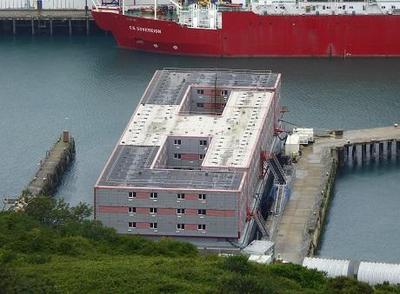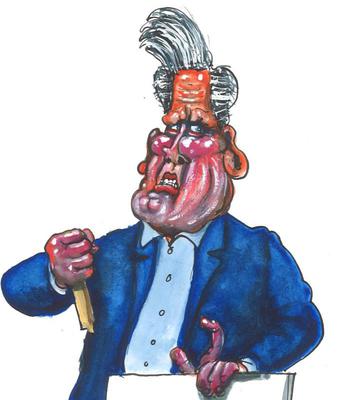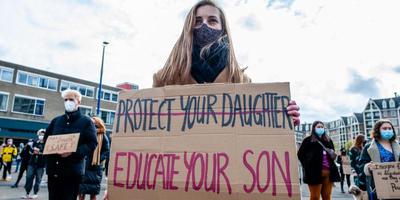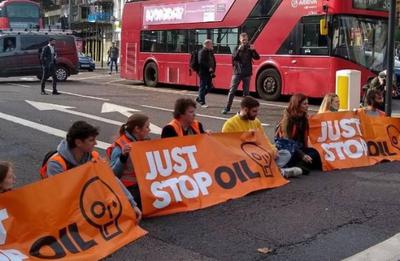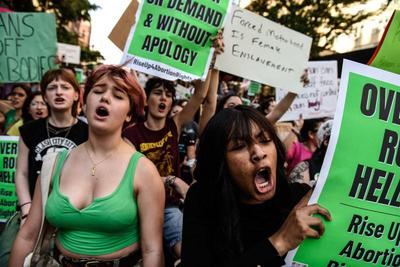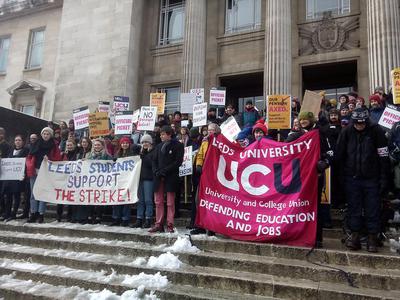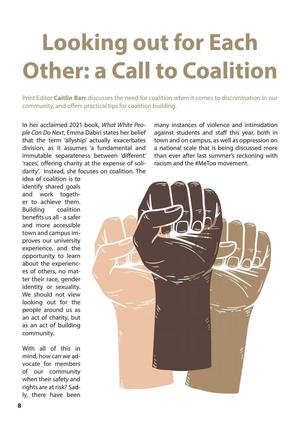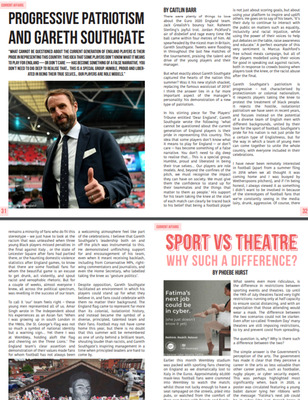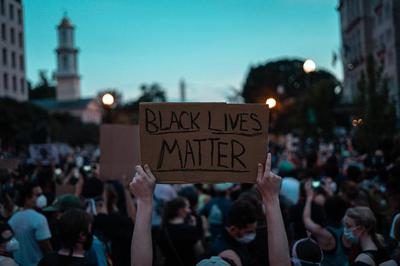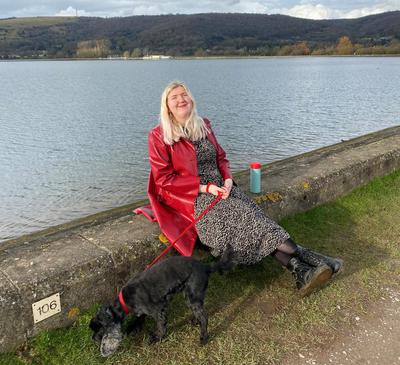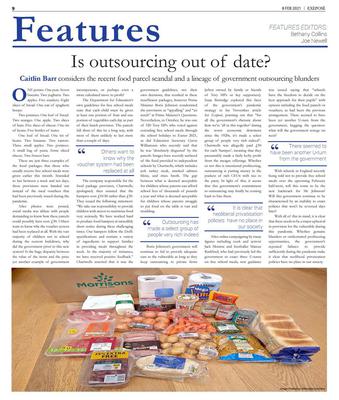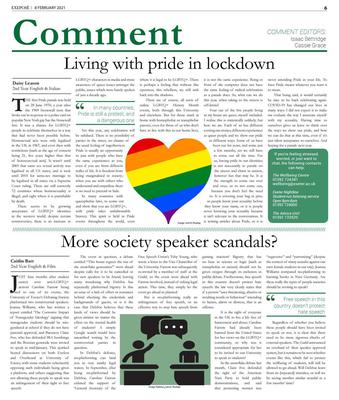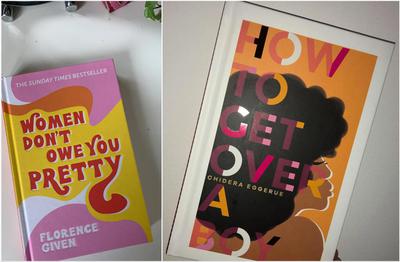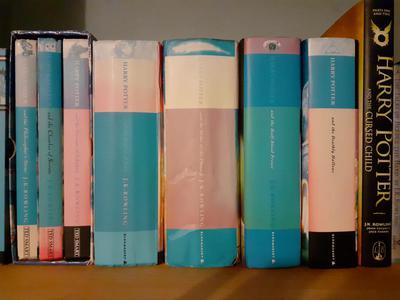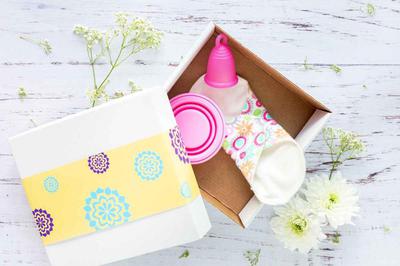RAZZ
•
20th December 2020
Scotland’s Period Poverty Bill
On Tuesday 24 November, 2020, Scotland became the first country in the world to make free period products available to all menstruating people. This landmark step in the global fight against period poverty was met with wide celebration by campaigners and activists, including Labour MSP Monica Lennon, who has been fighting for the cause since 2016.
Period poverty describes menstruating people not being able to afford period products, such as pads and tampons, and therefore having to go without,

 Filters & Sorting
Filters & Sorting



